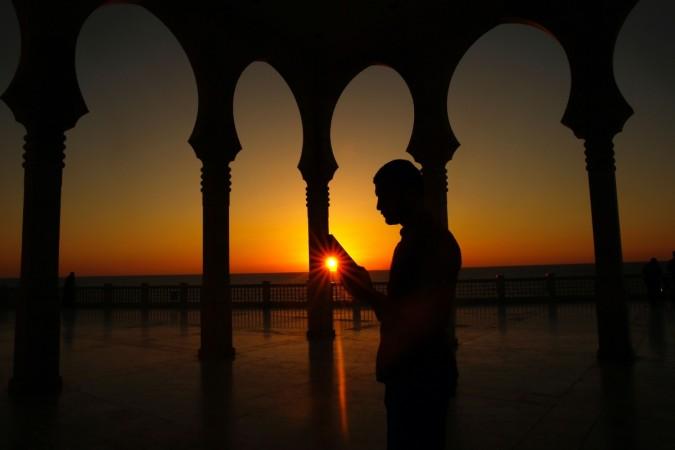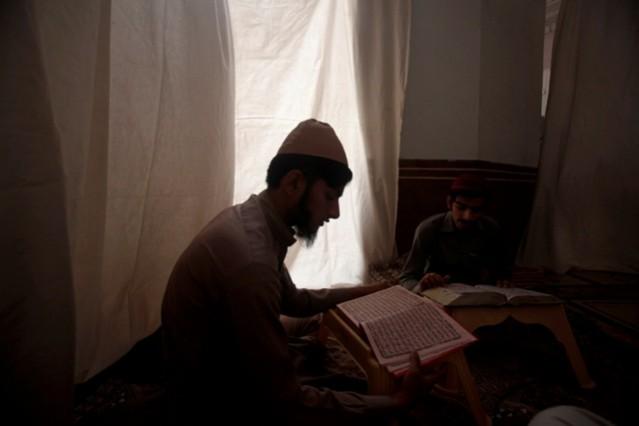Ramadan 2020 started during the challenging times of COVID-19, forcing Muslims around the world to celebrate the holy month of Islam in lockdown. The fear of contracting the virus kept people indoors and the government-enforced lockdowns made sure there were no violations. All this was to attempt and flatten the curve, but even as Ramadan is departing, the virus continues to pose a threat.
On the brighter side, Ramadan in lockdown allowed Muslims to offer prayers with their family, break fast together - all while staying safe. The last leg of Ramadan holds high significance as in one of these nights is the Night of Decree, popularly known as Laylatul Qadr or Shab-e-Qadr.
What is Shab-e-Qadr (Laylatul Qadr)?
Islamic scholars, in light of the Quran and Hadith (sayings of Prophet PBUH), believe Shab-e-Qadr is one of the last ten nights of Ramadan. Further narrowing it down for Muslims, it is believed that the Night of Decree falls on the odd nights of Ramadan, which means it could fall on the nights of 21, 23, 25, 27 or 29.

When is Shab-e-Qadr?
As mentioned earlier, the exact date of Shab-e-Qadr is not known, but in many countries, including India, the 27th night of Ramadan is observed as Shab-e-Qadr. Calculating the date in view of the Islamic calendar, Shab-e-Qadr in India will be observed from the evening of Wednesday, May 20 till the morning prayers of May 21.
Shab-e-Qadr wishes
Unlike Eid ul-Fitr or Eid al-Adha, Shab-e-Qadr is not a festival that warrants special wishes or proven by Hadith to extend any kind of wishes. But it is a common practice among Muslims to share best wishes or share the significance of this night with others. Here are a few messages you can share with your friends and family on the occasion of Shab-e-Qadr.
On this special night, may Allah purify our intentions and accept us. May He put us in his book of those released from hellfire.
This is a night that is better than a thousand nights. This is the time when we got our exodus. It's the night God saved us from the craws of the evil one and purified for the heavenly welcome. Have a blessed night.
I pray to Allah the Almighty that this night will bring much good for all Muslims and those under the geography of our hearts. Laylat al-Qadr Mubarak.
Allah will be accepting Dua. I pray that yours will be accepted and prayers answered. I wish that when he is forgiving people this night, you may be one of them. Laylat al-Qadr Mubarak.
Worshipping Allah on this night is better than worshipping him several times on other days. This is a day that you have to open your heart and tell him all your worries. I pray that he listens to you carefully and answer all the prayers.
Here comes the Night of Power. Here comes the night when Allah will dine with us. I wish that he will be there for you. I wish that Allah will protect your family and give everyone what they have long in life. Laylat Al-Qadr Mubarak.
Significance of Laylatul Qadr

Laylatul Qadr or Shab-e-Qadr is by far the holiest night of the year for Muslims. Also referred to as the Night of Power, Shab-e-Qadr is considered better than a thousand months spent worshipping Allah. In a Hadith from the highly-reliable book of Bukhari, it is said that "Whoever offers Salah on the night of Qadr with sincere faith and hope for a reward from Allah (SWT), all his previous sins will be forgiven."
This is also the night the Quran, the holy book of Islam, was bestowed upon humanity. If there are any nights that are considered to be most powerful and ideal to get whatever a Muslim desires, it is said to be in the night of Shab-e-Qadr.
Shab-e-Qadr dua, prayers
One particular dua that has high significance especially during this night is the Quranic verse:
Allahumma innaka 'afuwwun tuhibbul 'afwa fa'fu 'annee," which translates to "O Allah You Are The One Who Forgives Greatly, And Loves To Forgive, So Forgive Me."
The night of Laylatul Qadr is considered special for seeking forgiveness from Allah, so one can also recite, Astaghfirullah (I seek forgiveness from Allah), or Astaghfirullah rabbi min kulli zambiyon wa atoobu ilaiyh (I ask forgiveness of my sins from Allah who is my Lord and I turn towards Him)
Besides this, Muslims can offer namaz (salah) in addition to the daily prayers, read Quran in excess and spend more time in dua asking for everything that one desires from Allah.

















